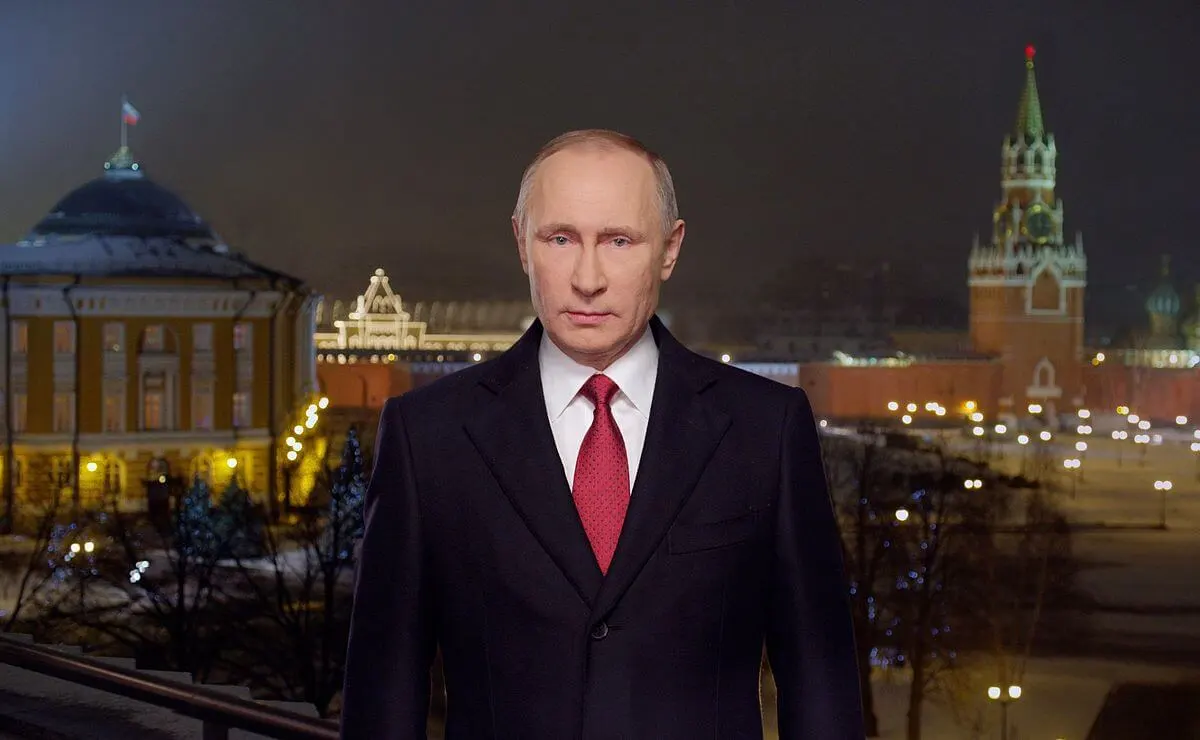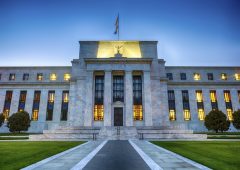BRICS: Russia Won’t Fully Abandon Dollar, Putin Confirms
08.11.2024 14:30 1 min. read Kosta Gushterov
In recent remarks, Russian President Vladimir Putin clarified Russia's stance on the U.S. dollar within the BRICS framework, explaining that while Russia is limiting dollar transactions, it doesn’t intend to eliminate the dollar entirely.
He referred to the dollar as a cornerstone of U.S. economic influence, suggesting that the shift to alternative currencies is simply a reaction to evolving global financial trends.
While BRICS continues advancing plans for a unified payment system to decrease dollar reliance, Putin emphasized that Russia’s approach isn’t aimed at rejecting the dollar. Instead, the country is simply adapting to modern economic demands by gradually decreasing its dollar-based transactions.
Meanwhile, the possibility of Donald Trump’s re-election could impact BRICS’ de-dollarization efforts. Trump has warned that he would impose heavy tariffs on nations that move away from the dollar, which could complicate BRICS’ goals. Despite this, BRICS leaders, including Putin, remain committed to diversifying their currency strategies.
Putin also acknowledged BRICS’ interest in exploring digital currencies like Bitcoin and XRP, though he cautioned that a complete shift to cryptocurrencies is not imminent. The focus for now, he noted, is on strengthening intra-BRICS financial infrastructure and supporting trade through established national currencies.
-
1
Bybit Steps Into DeFi With Solana-Based Platform
16.06.2025 17:00 1 min. read -
2
Ripple’s Stablecoin Gains Global Reach Through Alchemy Pay Integration
18.06.2025 8:00 1 min. read -
3
ARK Invest Takes Early Profits After Circle’s Skyrocketing IPO
18.06.2025 9:00 1 min. read -
4
FSB Flags Mounting Crypto Risks as Stablecoins Tighten Grip on Finance
13.06.2025 11:00 2 min. read -
5
Crypto Market May Be in Early Stages of Multi-Year Rally, Says Real Vision CEO
21.06.2025 17:00 2 min. read
Weekly Recap: Key Shifts and Milestones Across the Crypto Ecosystem
The first week of July brought notable advancements in crypto infrastructure, governance, and trading.
EU Risks Falling Behind in Digital Finance, Warns Former ECB Board Member
Europe’s reluctance to embrace stablecoins and blockchain technology could erode its monetary sovereignty and marginalize the euro in the next phase of global finance, according to former European Central Bank board member Lorenzo Bini Smaghi.
Toncoin Launches UAE Golden Visa Program Through $100,000 Staking Offer
Toncoin (TON) has unveiled an exclusive partnership with the United Arab Emirates (UAE) to offer users a path to the coveted 10-year UAE Golden Visa—through crypto staking.
White House Advisor Points Out What Could Push Crypto Market to $20 trillion
Bo Hines, the U.S. President’s Chief Advisor on Digital Assets, believes that upcoming stablecoin legislation could catapult the digital asset market to unprecedented heights. In a recent statement,
-
1
Bybit Steps Into DeFi With Solana-Based Platform
16.06.2025 17:00 1 min. read -
2
Ripple’s Stablecoin Gains Global Reach Through Alchemy Pay Integration
18.06.2025 8:00 1 min. read -
3
ARK Invest Takes Early Profits After Circle’s Skyrocketing IPO
18.06.2025 9:00 1 min. read -
4
FSB Flags Mounting Crypto Risks as Stablecoins Tighten Grip on Finance
13.06.2025 11:00 2 min. read -
5
Crypto Market May Be in Early Stages of Multi-Year Rally, Says Real Vision CEO
21.06.2025 17:00 2 min. read


